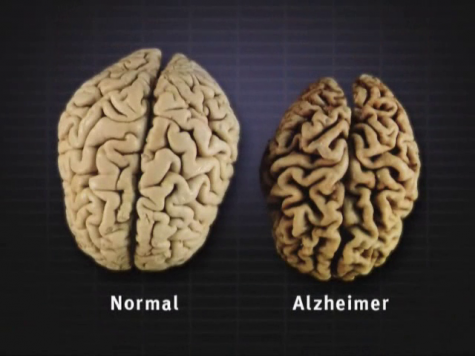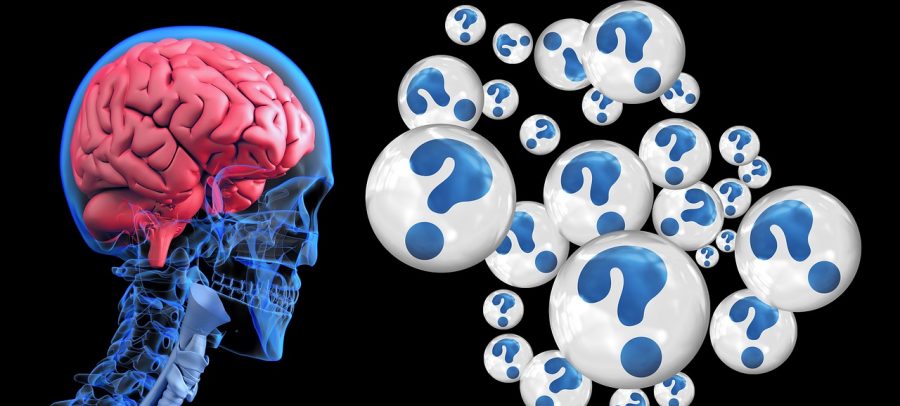What Takes Away Our Grandparents
Studies are shown of the killer disease/condition and how youths can take care of their struggling loved-one.
The struggling human brain trying to remember plain and simple facts.
Our grandparents can be the most special and important people to us and can touch our lives in ways nobody else can. But like anybody else, their bodies age as do their minds. There’s a time where their memory begins to fade starting from not being able to remember just what happened just seconds ago to the point where they are unable to recall the names of their grandkids at any given moment.
It’s Dementia and Alzheimer’s disease which causes this tear-jerking issue with our elderly loved ones. Alzheimer’s affects nearly one-half Americans over the age of 85 according to the American Family Physician. While they may have similar effects, scientifically, they are modeled in different ways. NAEye asked a biology teacher at NAI, Mrs. Becker about the difference between Dementia and Alzheimer’s.
Becker elaborated that Dementia describes symptoms such as memory loss, inability to function independently, making decisions, along with much more symptoms. However, Dementia can be a cause of Alzheimer’s but not everyone with Dementia has Alzheimer’s.
In attempt to determine the cause of Dementia, doctors will use many different tests. According to the Alzheimer’s Association, the disease accounts for 60% to 80% of dementia cases. When it comes to Alzheimer’s, this is a disease that involves the neurons, also known as brain cells. In simpler terms, a type of protein called plaque builds up and blocks neurons from communicating.

What a brain looks like with Alzheimer’s compared to a healthy mind.
Unfortunately, a definite diagnosis of the disease is unable to be concluded until after death. When one passes away, an autopsy of the person’s brain tissue will be completed in order to find the initial cause of the person obtaining the killer disease.
While there is no official cure for the disease, there are treatments in order to slow down the process. There are medications available for memory loss, changes in behavior and changes in sleeping routines. If one would rather not use a drug, there are many alternatives to decrease the pace of disease.
But what can children or teenagers do to help their loved one without knowing anything about the researched-based facts of the disease or condition in a more simple matter?
What people must remember is that people with Dementia and Alzheimer’s have no control over what they are able and not able to remember. While it may be frustrating to constantly repeat yourself, you must keep the frustration in your head and not make it obvious. Depending on how far along they are, making your anger obvious will only make your loved one feel less of themselves which is no help for anyone.
If a relative continues to repeat themselves, they are to act as if they said for the first time. Acting skills will be put to the test by pretending like they thinking of answer if they ask a repeated question. Do not respond in an aggravated tone. While they may not remember it a few minutes later, as it continues, that person will begin to remember and will not want to say anything, worried that they have already said what’s on their mind but they are unable to recall if they said it before or not.
The disease or condition can travel at many different paces. It can start at the point where one can’t remember someone’s name, but later do, to the point where they cannot recall where they are or who they are surrounded by, resulting in hallucinations which can bring back old memories from their past, believing they are occuring at that present moment.
It makes us stop and think about our relationship with the ones before us, not just grandparents, but any elderly relative that has impacted our lives in many different ways. It’s a lesson to all young ones to take advantage of their time here before their grandparents are taken away from us by Alzheimer’s, Dementia, or any other killer disease or condition, forever.

Anthony Durzo is a sophomore at North Allegheny Intermediate High School and this second year as a staff writer for NAI's student online newspaper, NAEye....


